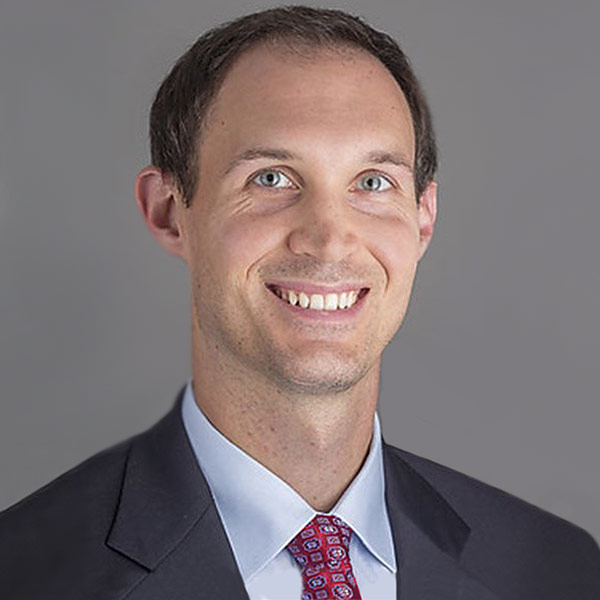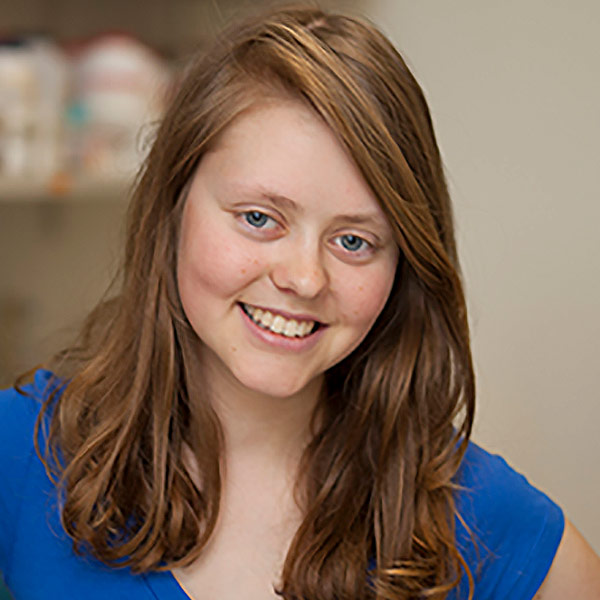Conversations with Cardiologists: Edward Wilson Grandin, MD, MPH, FACC

Edward Wilson Grandin, MD, MPH, FACC, is an advanced heart failure cardiologist at Beth Israel Deaconess Medical Center. This piece focuses on his role in creating the cardiogenic shock (CS) and mechanical circulatory support (MCS) curriculum for cardiology FITs at BIDMC, discussing the expanding role of advanced therapies for shock in the context of an evolving Cardiac Critical Care (CCU) population and exploring the different methods of delivering this curriculum to fellows.
Why is it so important for cardiology fellows to be well versed in CS and MCS management?
The landscape of the CCU is evolving; shock is more heterogeneous now than it was 10-20 years ago, when the predominant diagnosis was acute MI. Now there is a much more complex distribution of CS, with a predominance of HF. The management of these groups is not uniform, and there has also been an explosion of devices and medical therapy. Cardiology fellows have become crucial team members making front-line decisions about shock management. Given that initiating appropriate shock therapies is very time-sensitive, it is even more important for fellows to be able to quickly recognize the condition and understand when escalation of therapy will be necessary.
What are the most important skills/competencies for fellows to obtain in shock/MCS management?
There are several different competency domains. Most important is a knowledge of physiology, both of shock states and devices. There are multiple phenotypes of CS related to the underlying substrate (ischemic vs non-ischemic; dilated vs non-dilated ventricle; etc) and the pattern of ventricular failure (LV, RV, or biventricular-predominant) and each may respond differently to medical and device therapies. There is also core knowledge of the management of MCS devices, from the "knobology" of controlling the device to troubleshooting device alarms or malfunction. In our course, we emphasize the core physiologic concepts which can then be applied to new devices or clinical scenarios as opposed to memorizing the specific patterns of one device.
Describe the elements of BIDMC's hemodynamics/shock bootcamp for fellows. What are the unique strengths of this course?
We provide an educational primer for pre-reading, as well as a bootcamp teaching series with both didactics and interactive cases involving decision-making. These sessions are focused on hemodynamics and shock physiology as well as the mechanism and physiologic impact of different MCS devices. We then have a full-day shock course with a series of simulations involving the spectrum of MCS devices. Our course's main strength is the simulation day, where we place fellows in realistic patient scenarios that require them to identify common physiology states or device complications and make appropriate changes to the medical management or device platform. Fellows work together in small teams that mimic the clinical setting to manage shock scenarios real-time in a safe space. Fellows appear to have greater retention of concepts when they receive immediate feedback. I have seen many "aha" moments in these courses where fellows really begin to understand how the devices work and how to manipulate them to improve a patient's clinical condition. In post-course surveys, fellows typically rate the simulation as the most effective learning modality. CS and MCS lend themselves well to simulation; we can rapidly manipulate hemodynamics and device parameters to mimic real-life clinical scenarios.
What are some of the challenges in delivering curriculum on shock and MCS?
The main challenges in delivery is the time and logistics involved. On our shock day, we include experienced faculty, nurses/staff, and device representatives—about 15-20 educators for 8-10 learners. This flipped ratio enables fellows to undergo these simulations in small groups and really engage with the content. Regarding gaps, it is hard to cover the breadth of information while maintaining efficiency. We emphasize core physiologic concepts because it isn't feasible to put trainees through every clinical scenario and every possible complication or alarm of each device. However, fellows can apply the framework they learn to manage a variety of different scenarios and devices.
How else can fellowship programs improve their fellows' confidence in managing MCS and shock?
I think it is important to build in touchpoints throughout the fellowship training where these concepts are reviewed and reinforced. We incorporate refresher courses where fellows can re-demonstrate their skills and build upon what they have learned. We also utilize forums for case discussion. We have a monthly MCS case review where we discuss shock/MCS patients, review what was done well, and identify areas for improvement. Ultimately, we should include CS and MCS teaching across the arc of cardiology fellowship training so that fellows at different stages can continue to improve and refine their skills in this crucial and constantly evolving clinical domain.

This interview was conducted by Leah Belle Kosyakovsky, MD, a fellow at Beth Israel Deaconess Medical Center. Twitter: @leahkosyakovsky.
This content was developed independently from the content developed for ACC.org. This content was not reviewed by the American College of Cardiology (ACC) for medical accuracy and the content is provided on an "as is" basis. Inclusion on ACC.org does not constitute a guarantee or endorsement by the ACC and ACC makes no warranty that the content is accurate, complete or error-free. The content is not a substitute for personalized medical advice and is not intended to be used as the sole basis for making individualized medical or health-related decisions. Statements or opinions expressed in this content reflect the views of the authors and do not reflect the official policy of ACC.

